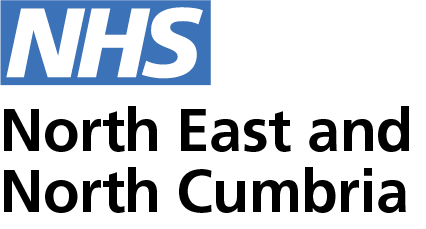| Practice name | Address | Telephone number |
| Number One Dental Surgery | 307 Durham Road Consett, DH8 5NW |
01207 500528 |
| Pelton Lane End Dental Practice Partnership | Roseberry School House, Pelton Lane Ends, Pelton, Chester Le Street, County Durham, DH2 1NP | 0191 370 3845 |
| Wray & McKenna Ltd | Dental Surgery 6 The Avenue Wheatley Hill, DH6 3NT |
01429 820308 |
| Honour Health Partnership | Dental Surgery, 13 Front Street, Stanley, County Durham, DH9 0JE | 01207 232 725 |
| Mr D Chopra | Murton Dental Practice, 12 Wood's Terrace. East Murton, SR7 9AA | 0191 526 0562 |
| Alpha Dental Studio | Unit 3, 47 Gibside, Chester-le-Street, DH2 2TT | 0191 388 7092 |
| Smile In Durham | Dental Surgery, 3 New Durham Road, Stanley, County Durham, DH9 7UQ | 01207 234 228 |
| Dental Avenue | Dental Surgery, 5 Clyde Terrace, Spennymoor, County Durham, DL16 7SE | 01388 814 223 |
| Shildon Smile Care | 23-27 Main Street, Shildon, DL4 1AL | 01388 775104 |
| Mydentist - Framwellgate Bridge | Bridge House Dental Surgery, 1st floor, Bridge House, Framwellgate Bridge, Durham, DH1 4SJ | 0191 384 7605 |
| Mydentist - Yoden Way Peterlee | 30 Yoden Way, Peterlee, SR8 1AL | 0191 586 2918 |
| Front Street Dental Practice Partnership | 6 Front Street, Consett, County Durham, DH8 5AQ | 01207 503 020 |
| Mr Hs Basra | Woodham Dental Surgery, 1 St Elizabeth's Close, Newton Aycliffe, County Durham, DL5 4UE | 01325 300 468 |
| Princess Road Dental Practice | 8 Princess Road, Seaham, County Durham, SR7 7SP | 0191 513 0301 |
